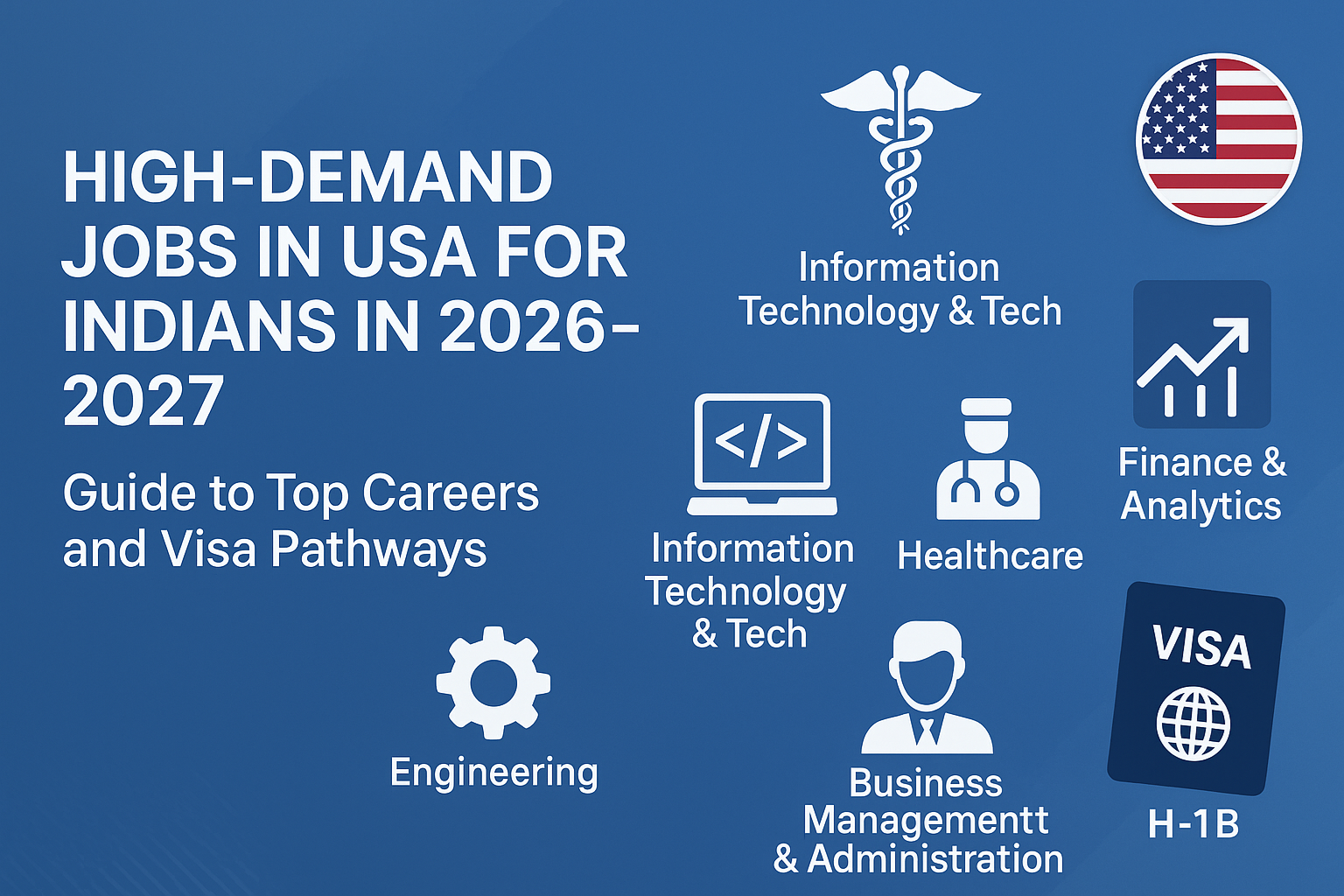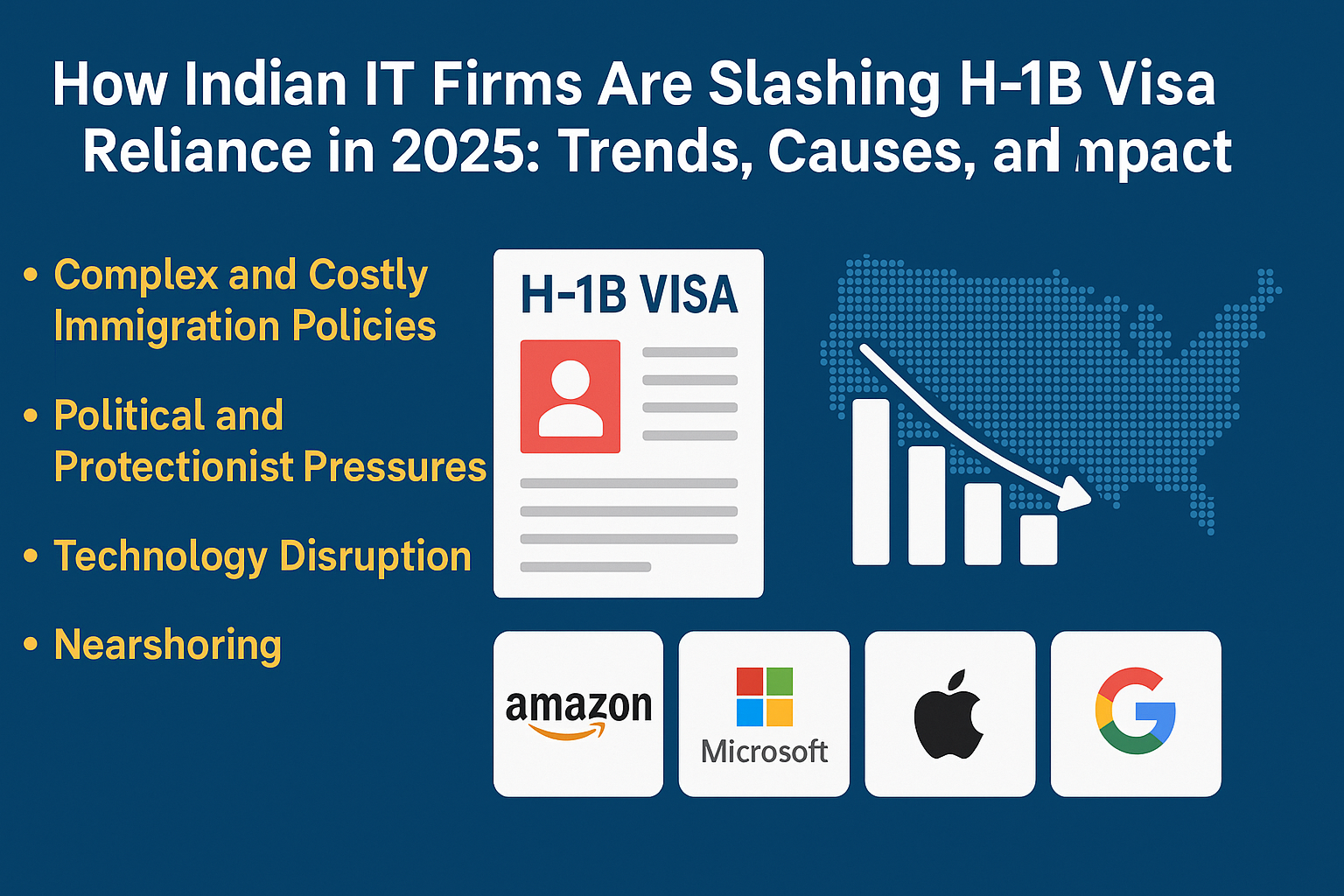Is the Admin Assistant Job Market Shrinking? U.S. Trends and Your Future

The Administrative Assistant job market in the United States is undergoing significant changes, influenced by technological advancements, automation, and evolving workplace dynamics. While traditional administrative roles have faced challenges due to automation and AI, a nuanced perspective is emerging regarding the future of administrative assistants.
The current trends in the administrative assistant job market in the United States indicate a decline in job growth. According to Zippia's data science team, administrative assistants' projected job growth rate is 8% from 2018 to 2028, with approximately -286,900 new jobs projected over the next decade. Additionally, the average salary for administrative assistants is $34,945, and there are over 2 million administrative assistants currently employed in the U.S. This decline in job growth is attributed to automation and technological advancements impacting traditional administrative roles, leading to changes in the demand for administrative assistants.
Evolution of Administrative Roles:
Administrative professionals have long been the backbone of organizational efficiency, crucial in managing tasks, enhancing productivity, and supporting executives. Over the years, the role of Administrative Assistants has evolved from basic secretarial tasks to encompass a wide range of responsibilities, including project management, research, problem-solving, and strategic planning. The advent of technology has transformed the nature of administrative work, with automation and AI playing a significant role in streamlining processes and increasing efficiency.
Impact of Automation and AI:
The rise of automation and AI has raised concerns about the future of administrative roles. There is a common misconception that traditional administrative tasks might become obsolete due to technological advancements. However, research indicates that rather than being replaced, Administrative Assistants are experiencing enhancement through these technologies. Automation is being integrated into daily workflows to streamline processes, improve accuracy, and save time for more strategic tasks. Combining AI with emotional intelligence (EI) is a key factor in empowering Administrative Assistants to excel in their roles and deliver personalized and supportive experiences to executives.
The Evolving Administrative Assistant Landscape
Traditionally, administrative assistants have provided various support duties within organizations. These duties may have included:
• Managing calendars and scheduling appointments
• Coordinating travel arrangements
• Composing and sending emails and correspondence
• Organizing and maintaining filing systems
• Data entry and document preparation
• Greeting visitors and managing reception duties
• Researching and compiling information
Automation and Technology's Impact
Advancements in technology are undoubtedly changing the way administrative tasks are performed.
• Calendar Management: Online scheduling platforms and appointment reminders have streamlined calendar management, reducing the need for assistants to schedule manually.
• Travel Booking: Online booking tools and corporate travel management platforms have simplified travel arrangements, potentially reducing the assistant's workload.
• Communication Tools: Email automation, auto-responders, and project management software can automate some communication tasks traditionally handled by assistants.
• Document Management Systems: Cloud-based document storage and document management systems can minimize the need for manual filing and retrieval of physical documents.
• Virtual Assistants: The rise of virtual assistants (VAs) offers businesses a cost-effective option for handling specific tasks remotely.
Is the Job Market Shrinking?
The Bureau of Labor Statistics (BLS) projects a 4% decline in employment opportunities for secretaries and administrative assistants between 2 and 2032 [BLS Occupational Outlook Handbook, Secretaries and Administrative Assistants]. This decline reflects the automation trends mentioned above. However, it's essential to consider these nuances:
• Replacement vs. Transformation: While some administrative tasks may be automated, the core role of supporting executives and teams will likely remain. The job may transform, requiring a different skill set.
• Growth in Specific Sectors: The decline may not be uniform across all industries. Sectors like healthcare, legal services, and education might continue to demand administrative support due to complex workflows and regulations.
• Focus on Strategic Tasks: As routine tasks become automated, administrative assistants may shift towards more strategic tasks requiring higher-level skills like project management, data analysis, and communication coordination.
The Future of Administrative Assistants
While the job market may contract somewhat, the role of the administrative assistant is likely to evolve rather than disappear entirely. Here's what you can do to thrive in this changing landscape:
• Embrace Technology: Develop proficiency in the latest administrative software, online scheduling tools, and communication platforms.
• Sharpen Your Skills: Improve your soft skills, like communication, interpersonal relations, time management, and critical thinking.
• Become a Data Wizard: Learn basic data analysis and visualization skills to provide insights and support data-driven decision-making.
• Project Management Prowess: Brush up on project management methodologies to effectively manage projects, delegate tasks, and track progress.
• Lifelong Learning: Embrace continuous learning to stay updated on industry trends, new technologies, and emerging best practices.
Additional Strategies for Success
• Network Actively: Build relationships with professionals in your field and other industries. Networking can open doors to new opportunities beyond traditional administrative roles.
• Highlight Transferable Skills: When applying for new roles, emphasize the transferable skills you possess, such as problem-solving, organization, and communication.
• Consider Specialization: Explore opportunities to specialize in a particular industry or administrative function, such as legal administrative assistant or executive assistant to a CEO.
• Upskill and Reskill: Consider pursuing professional development courses, certifications, or even an associate's degree to enhance your skill set and marketability.
Emerging Roles for Administrative Professionals
The evolving landscape presents opportunities for new roles:
• Office Automation Specialist: This role involves implementing and managing office automation tools to streamline workflow and improve efficiency.
• Executive Business Partner: This role provides high-level strategic support to executives, managing projects, conducting research, and anticipating needs.
• Virtual Administrative Assistant: This role provides remote administrative support to clients across different time zones, utilizing online tools and communication platforms.
Take the next step towards your professional goals
Want to hire the best talent?
Start Advertising
Post Job AdMake a call
+1-512-580-7444Latest Jobs in New York Metro Area
Cashier
- West Hempstead, NY
- Cashier
Administrative Asisstant
- New York, NY
- Administrative Assistant
AWS Amazon Connect Developer DE PP
- New York, NY
- AWS Amazon Connect Developer
AWS (Amazon Connect Developer) TX PP
- New York, NY
- AWS Amazon Connect Develop
Latest blogs on technology to explore

What Does Prompt Engineering Entail in 2026? Skills, Salary, and Real-World Use Cases
Explore the future of prompt engineering in 2026, covering essential skills, salary trends, real-world use cases, and the growing demand for prompt engineers across industries.

High-Demand Jobs in USA for Indians in 2026-2027: Guide to Top Careers and Visa Pathways
ChatGPT said:Discover the top high-demand US jobs for Indians in 2026–2027, including salary insights, key sectors, and updated H-1B visa pathways for career success.

Top 10 High-Paying Part-Time Jobs for Students in the USA & Canada
Being a student isn’t cheap. Between tuition fees, rent, and a never-ending coffee habit, most students in the USA and Canada turn to part-time work to ease the financial load. But here’s the good news: not all part-time jobs are created equal—some p

Curious About AI Jobs? What Does Prompt Engineering Entail & How Do You Get Started?
Curious about AI jobs? Learn what prompt engineering involves, essential LLM skills, daily tasks, salary potential, and how to start your career in 2025.

Driving Careers Forward: Why Chauffeurs and Cab Drivers Are Always in Demand
The world never stops moving—and neither does the demand for chauffeurs and cab drivers. In 2025, the transportation industry is growing faster than ever, with the U.S. Bureau of Labor Statistics projecting an 11% job growth for taxi, shuttle, and ch

Jobs That Keep the World Moving (Literally): A Tribute to Logistics Workers
Let’s be honest — when we think of jobs that keep the world running, logistics workers don’t always get the spotlight. But they should. From warehouse staff and delivery drivers to supply chain managers and forklift operators, these are the unsung he

How Indian IT Firms Are Slashing H-1B Visa Reliance in 2025: Trends, Causes, and Impact
Indian IT firms have sharply reduced H-1B use in 2025 due to tighter US policies, higher costs, and AI-driven automation, while expanding nearshore hubs and local hiring. Meanwhile, US tech leaders are increasing H-1B sponsorship, highlighting a spli

Beyond Degrees: How Blue-Collar Jobs Are Redefining Success
Gone are the days when a fancy degree was the only ticket to success. Today, blue-collar jobs—from electricians and plumbers to HVAC technicians and construction supervisors—are not just in demand, but redefining what it means to build a thriving car